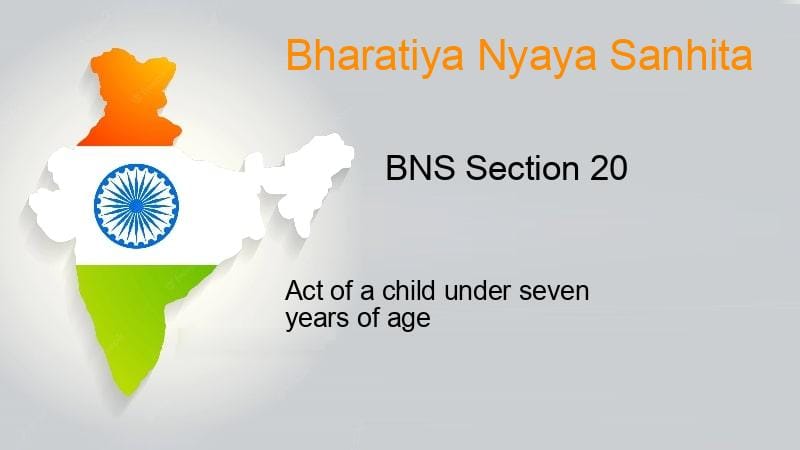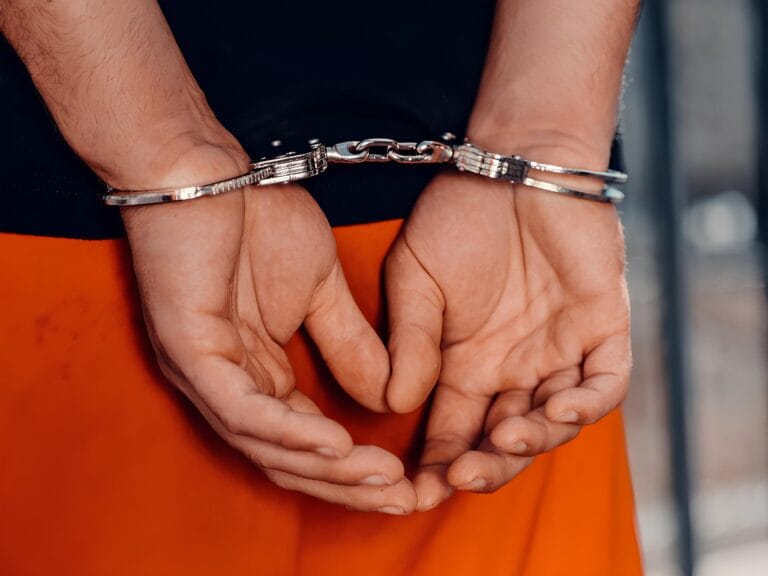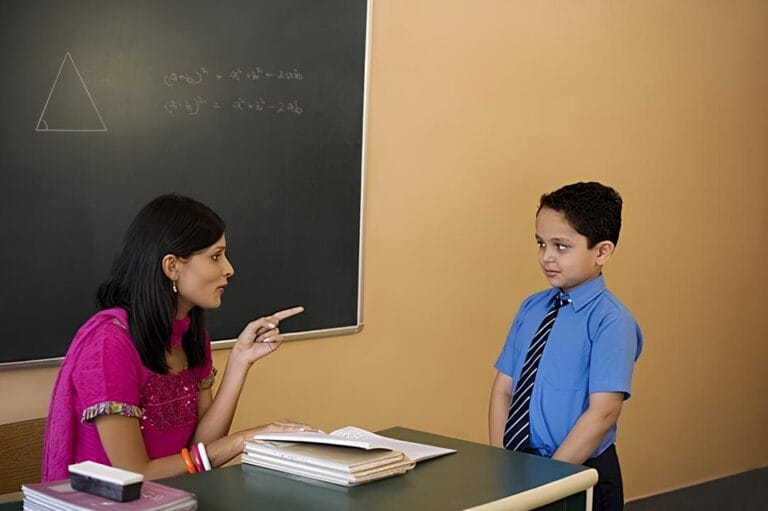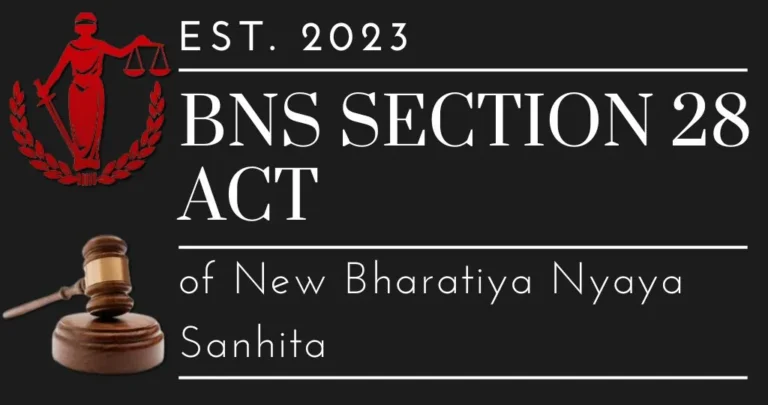
When a Child Below Seven Does Something Wrong: Understanding Section 20 of the Bharatiya Nyaya Sanhita, 2023
Introduction
Section 20 of the Bharatiya Nyaya Sanhita (BNS), 2023 reads that if a child is less than seven years old and does something that would otherwise be considered an offence, then it will **not be regarded as an offence**. That is, the child will **not be penalized or made legally liable** for doing that thing. The law realizes that children of this age are not yet mentally capable of knowing what is right or wrong, or to comprehend the complete meaning and consequences of their actions.
Why This Law Exists
The theory under Section 20 is a pre-existing legal tradition called *doli incapax*, the Latin phrase which describes them as being “incapable of doing wrong.” This is on grounds of child development and psychology. Children aged between seven years are still getting familiar with the world. They commit acts from inquisitiveness or copy or not with ill intent. The law, therefore, offers protection and an age to mature to them before becoming liable for such actions.
For More Updates & Regular Notes Join Our Whats App Group (https://chat.whatsapp.com/DkucckgAEJbCtXwXr2yIt0) and Telegram Group ( https://t.me/legalmaestroeducators )
For More Updates & Regular Notes Join Our Whats App Group (https://chat.whatsapp.com/DkucckgAEJbCtXwXr2yIt0) and Telegram Group ( https://t.me/legalmaestroeducators ) contact@legalmaestros.com.
Examples to Understand Better
If a six-year-old child enters a shop, picks a chocolate bar, and exits without making payment, an adult in such a situation would be a thief. But since the child is under seven, the law does not consider it a crime. The child might even not know that what they did was wrong.
One of the examples is a five-year-old child destroying someone’s property by accident. Suppose they destroyed a car side mirror while using a tricycle. Even if the property gets destroyed, the child did it unintentionally without any intention of causing harm to anyone, hence the act will not be labelled as an offence.
How Indian Law Differs from Foreign Countries
India has retained the minimum age of criminal responsibility at **seven years**, as under the old Indian Penal Code (IPC), which had the same provision under Section 82. But in most other countries, the age is higher. In Germany, criminal responsibility begins at age 14. In Canada, it is 12. England and Wales have 10, and Scotland has 12. The United Nations Committee on the Rights of the Child recommends that the age be set at a minimum of 12, and that nations should not maintain it below that.
What Happens if a Child Over Seven Commits an Offence?
Whereas Section 20 deals with children under seven, older kids between seven and twelve years are handled differently under Section 21 of the same act. In these instances, the court verifies if the child had sufficient perception about the act. If they lacked it, even they cannot be held accountable. But if a kid over twelve years commits an offense and perceives it, they can be tried in the Juvenile Justice system, not ordinary criminal courts.






